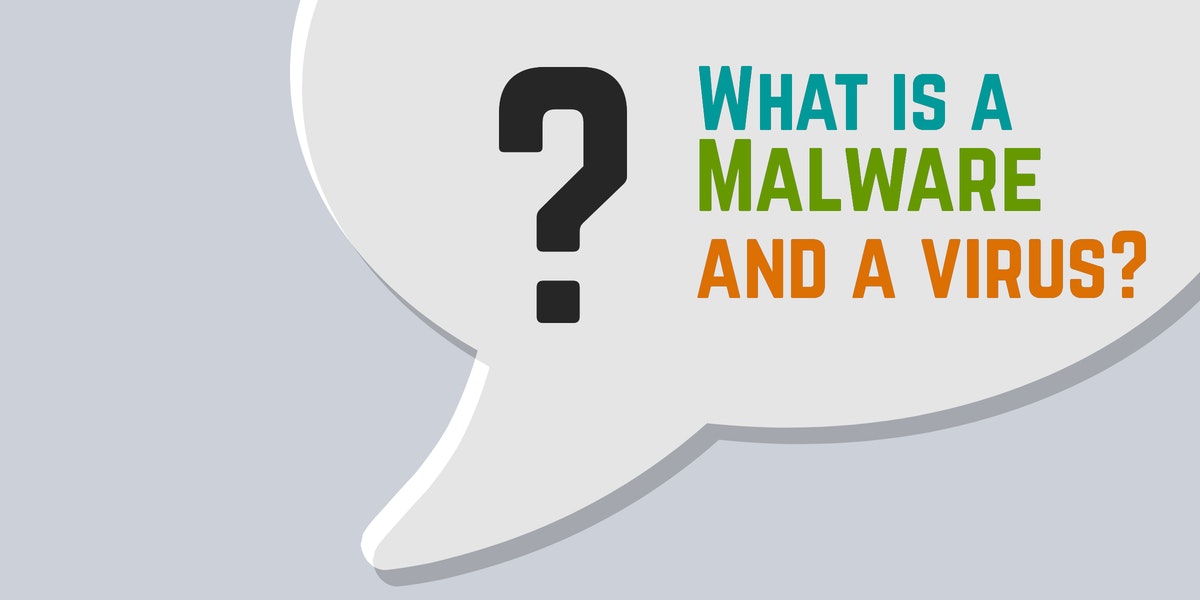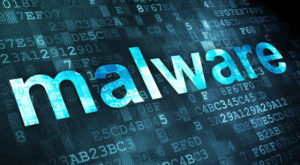
Regardless of what you call it, most people know you don’t want a malware or a virus hanging around. Then why is it important to understand the difference between the two? One simple reason is you can protect your computer from a virus, but not be protected from a malware. Why? Because all viruses are malwares, but not all malwares are viruses. Allow me to explain.
 What is a Malware
What is a Malware
Malware, short for malicious software, is written by cyber criminals with the intention of gaining access or causing damage to a computer or network, often without you even knowing you’ve been compromise. This malicious software is written differently depending on the goal(s) of the perpetrator. For example, a malware appropriately named ransomware is written in a way that once your computer or network is infected you are locked out and unable to access your data until you pay a ransom. Another example is those annoying pop ups’ you get almost forcing you to click on that advertisement link, is a malware called adware. There are many other variations of malware including trojan horse, spyware, wiper, worm, botnet, keyloggers, rootkits, and fraudtools, written with different objectives.
What is a Virus
One of the most recognized names of all malwares is the virus made popular in the 80’s and 90’s. This malware is written with the intention of altering the way your computer operates and spreads itself across a network without the user’s involvement. Over the past few decades the virus has become less frequent compared to other malwares, but its name continues to be used synonymously with malwares. “My computer has a virus” often means your computer has a malware.
How to protect yourself
There are best practices such as security awareness training to avoid phishing, a “is this software safe?” search before downloading a program or app, keeping your software up to date, using strong passwords, backing up your computer, and using a firewall. One of the most reliable ways to protect your data is through the use of anti-malware and anti-virus software. Anti-virus software is about preventing viruses from being downloaded or opened on your computer or network. If a virus becomes active it’s difficult for the anti-virus software to detect its presence. Anti-malware on the other hand is designed to take malware, including a virus, out of an infected computer. Think of it as anti-virus is about prevention while anti-malware is about correction. That said, it is advised to use both for the best protection. If you are interested in learning more about the software available, check out PC Magazine’s “The Best Malware Removal and Protection Software for 2019” at https://www.pcmag.com/roundup/354226/the-best-malware-removal-and-protection-tools
While speaking with a friend Jason about malware vs. virus, he made a comparison to spiders. This helped me make the “all viruses are malwares, but not all malwares are viruses” statement easier to understand. Think of this, all Daddy Long Legs are spiders, but not all spiders are Daddy Long Legs.
Next up: What is a firewall?
Click here for our previous post, “What is XaaS?”

